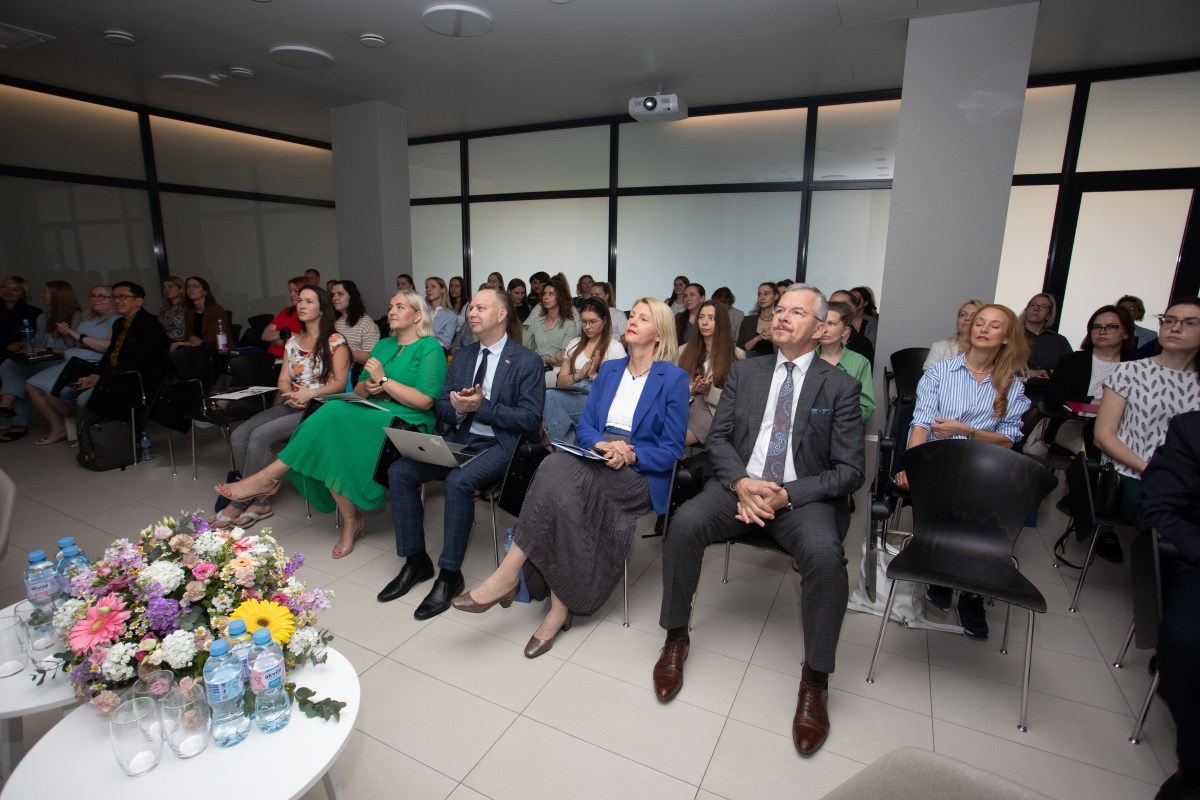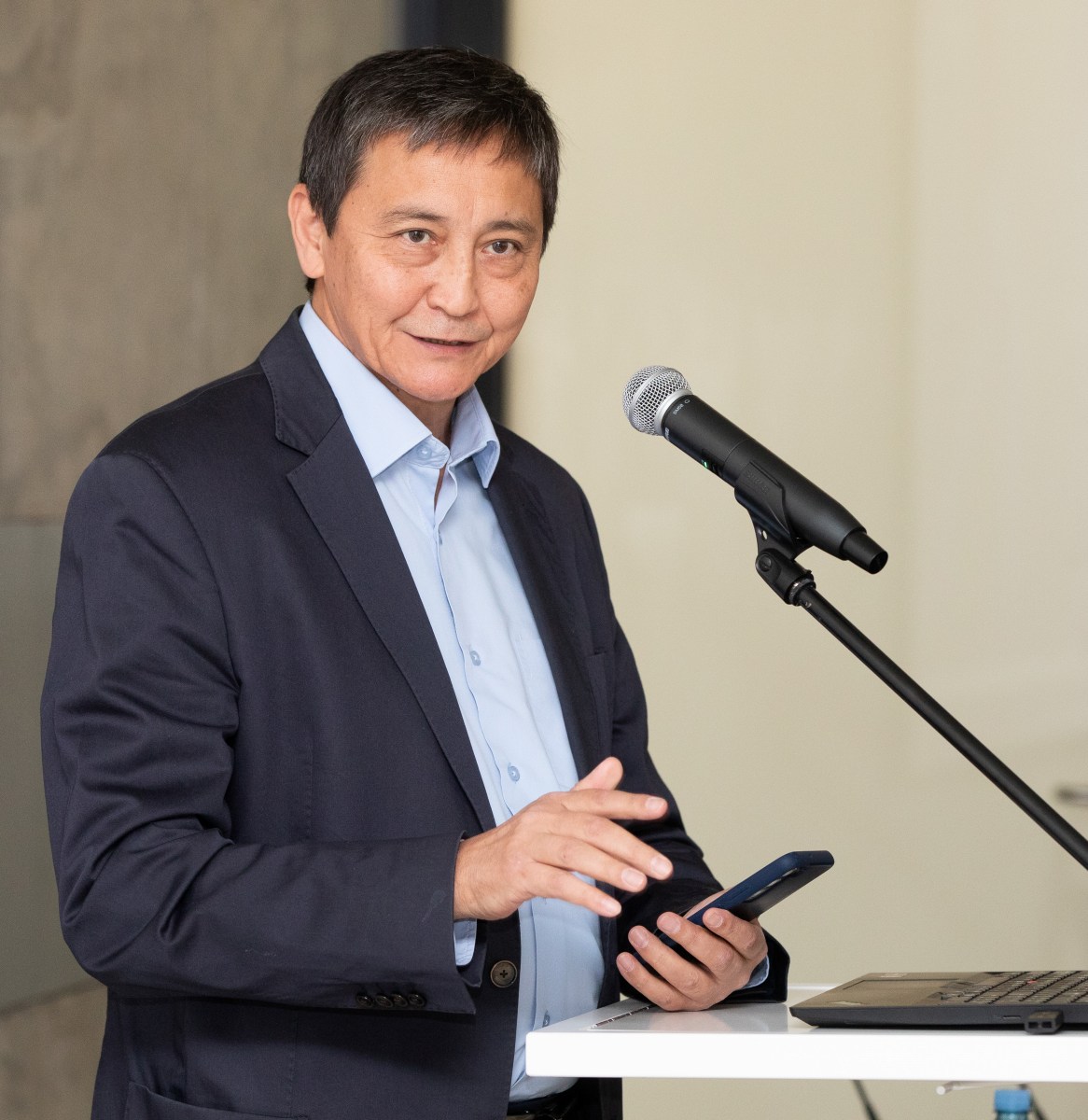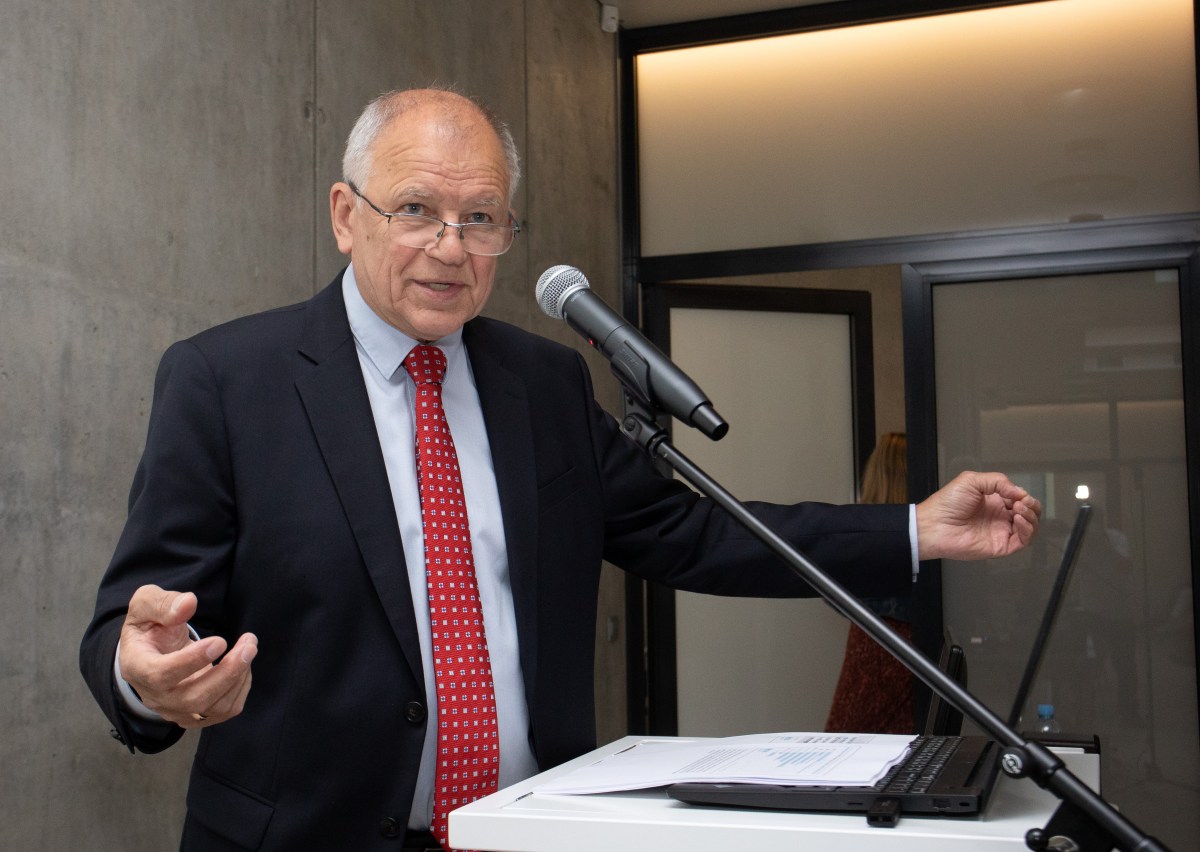Lifestyle Medicine: LSMU and Lithuania Leading the World by Example

Lithuania is a leader in lifestyle medicine. The opportunities offered by lifestyle medicine and the experience of the newly trained specialists were shared at one of the pivotal conferences “Developing Good Lifestyle Medicine Practice in Lithuania” that was held on Thursday at the Lithuanian University of Health Sciences (LSMU).
New Speciality and Study Programme
The training and integration of lifestyle medicine professionals into the healthcare system is a revolutionary change, with huge implications.
“In 2014, when we just started discussing it, the concept of lifestyle medicine was still little known in Lithuania and Europe in general. We have been training public health professionals and medical doctors for many years. Personal healthcare and public healthcare are complementary fields, but the touchpoint between them was very ambiguous. A lifestyle medicine specialist is a strong link between public and personal health,” says Prof. Habil. Dr. Ramunė Kalėdienė, Head of the Department of Health Management at the Faculty of Public Health of the LSMU Medical Academy, and a pioneer of lifestyle medicine in Lithuania.
No such study programme has existed in Europe so far, so the experience of the US and Australia has been used as a benchmark.
Lifestyle medicine, which involves the prevention and treatment of diseases through lifestyle changes, has been assigned a key role in the Lithuanian healthcare system.
“One of the goals of modern healthcare is to ensure the integrity of healthcare, maintaining the society healthy and protecting people from harm and unnecessary spending on their own healthcare. The new public health paradigm emphasises the gradual transition from conventional (curative) to modern (integral, holistic) medicine,” Prof. R. Kalėdienė pointed out.
The objective of a lifestyle medicine specialist is to leverage environmental, behavioural, medical and motivational principles to help the patient change his or her lifestyle to avoid illnesses and ailments. If, however, they do occur, the lifestyle medicine specialist’s task is to help make changes that will lead to fewer – or no – medicines.
Lifestyle medicine is an interdisciplinary field combining medicine, psychosocial sciences, neuroscience, public health, environmental health, and biology.
Better health and well-being, less strain on the healthcare system, shorter queues, and fewer medicines consumed translate into less expenditure for the population and the state.
There is No Magic Bullet
“The phase when self-taught enthusiasts give advice to patients and interfere in the treatment plan must end as soon as possible,” said Prof. R. Kalėdienė.
Depending on the individual’s health condition and the presence of one or more chronic diseases, a tailored lifestyle correction plan is needed.
Lifestyle medicine specialists have very comprehensive knowledge of the diet, daily routine, exercise, and intensity of exercise that would be most effective for each specific disease or combination of diseases and conditions. They know and can advise on the diet of, for example, a cancer patient, how and to what extent the patient should exercise, effectively manage stress, use social support, environmental control, etc. Decisions are made by the lifestyle medicine specialist working as part of the primary healthcare team, not at sole discretion, the professor stressed.
One of the Most Promising Areas
“Science and good clinical practice show that lifestyle medicine is one of the most promising areas for the future. As many as three-quarters of all chronic disorders are caused by lifestyle factors. What if we were able to correct most of them?”, contemplated Dr. Tomas Vaičiūnas, an expert in lifestyle medicine and lecturer at LSMU.
He pointed out that the emergence of the Centre of Excellence, which would train specialists capable of applying non-pharmacological scientific evidence-based interventions, has made Lithuania internationally visible in this area. “We are setting an example for other European countries,” he said.
Nevertheless, there are also challenges to be addressed. “Our social environment is still largely hyper-medicalised. It is still difficult for many patients to fully believe that their well-being would be significantly improved not by a pill, but by a simple change in lifestyle. Of course, this also requires personal effort”, said T. Vaičiūnas.
One of the aims of this conference was to explore additional possibilities to make the medical community more “comfortable” with non-pharmacological interventions.
The conference brought together members of the primary care team (general practitioners, lifestyle medicine specialists, nurses, physiotherapists, psychologists, and social workers), medical doctors of different specialities, public health specialists, dieticians, and others interested in lifestyle medicine.
The organisers noted that the unique event was designed for health professionals, policy-makers, and the public to gain inspiration, become more educated, and discuss the important contribution of lifestyle medicine in managing chronic diseases and improving personal and public health indicators.
Kaunas City Polyclinic at the Forefront
The conference was also attended by Aurelijus Veryga, Member of the Parliament (the Seimas), former Minister of Health, and one of the founders of the MSc in Lifestyle Medicine programme.
” Lithuania has emerged as a pioneer in the world by undertaking this initiative, and we are generally strong in the field of public health: we have a well-organised structure, public health offices, and researchers in this field. Lifestyle medicine has a unique role in a society that understands that people are responsible for their own health and must take care of it. Many people do not know how to do this. Abstract advice is not enough, and this is where lifestyle medicine comes in”, said Mr Veryga.
Paulius Kibiša, Director of Kaunas City Polyclinic, said that the polyclinic has already recruited one lifestyle medicine specialist. In the autumn, the polyclinic will employ another four specialists.
“Initiatives usually follow patients’ needs, but sometimes they precede them. This will be the case here”, commented Mr Kibiša.
The conference “Developing Good Lifestyle Medicine Practices in Lithuania” was organised by LSMU together with the Lithuanian Association of Lifestyle Medicine, the Lithuanian College of Family Physicians and the Association of Municipal Public Health Offices. This was the seventh conference dedicated to lifestyle medicine.
According to the amendment to the Order of the Minister of Health “On the approval of the description of the procedure for the organisation of the provision of primary outpatient personal health care services and the procedure for the payment of the costs of these services” of 3 March 2023, a family physician’s team shall also include a lifestyle medicine specialist, and by the end of 2030, the number of posts of lifestyle medicine specialists in a family physician’s team shall be set at 0.20 per one full post of a family physician.
Jurgita Šakienė, Kauno diena






